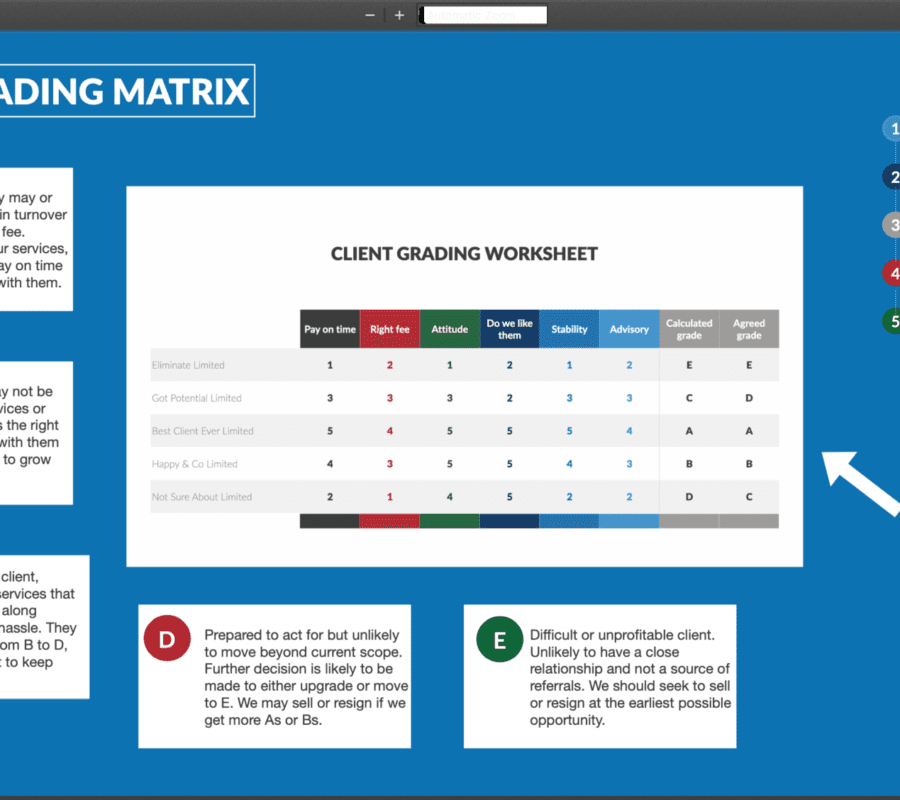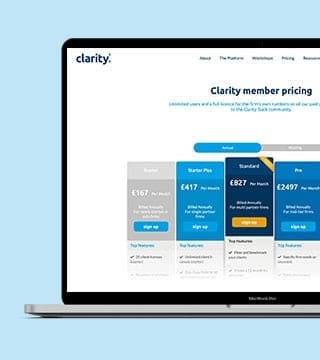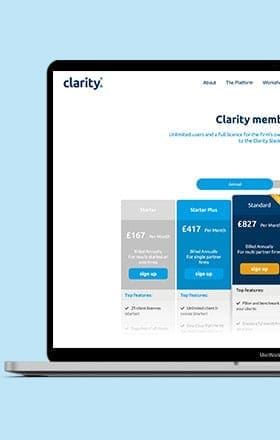Why accountants never have the time, and what you can do about it – By Aynsley Damery
“Ah yes Aynsley, it’s easy for you, but you don’t understand. I just don’t have the time!”. When I was an accountant in practice, it’s a phrase that I always heard from small business owners. And often in response to a suggestion on how to improve their business. Now, it’s one I hear from accountants almost every single day; at meetings, on workshops, at events. Why do accountants never have the time, and what can you do about it?
The reality is that we are never going to get any more time! It’s that simple! It is always about how we choose to spend the time we have. And yes, it is a decision! Are we focusing in the right areas, doing what we need to do to move closer to where we want to be? Or are we always up against it, dealing with the urgent, but unimportant, issues? Are we constantly distracted or bombarded by information from every media source out there? Or, are we unable to say “no” and constantly having our precious time drained by time vampires or driven by other people’s deadlines?
What’s the reason you don’t have the time? This article explores why accountants feel they never have the time.
Why do accountants never have the time
In your accounting firm, in addition to the above, there are probably five main reasons why you don’t have the time. But, in simple terms, you are probably doing the wrong stuff with the wrong clients (and maybe in the wrong way?)! And, if you have ever seen that wonderful clip of Bob Newhart, you’ll know what to do about it. If not, google “Bob Newhart psychologist” and you’ll get the picture.
In reality, we are in a time-for-money business; whether we bill by the hour, have a subscription revenue business, value price, menu price or any combination thereof. We need to stop trading time for money and start trading money for time.








